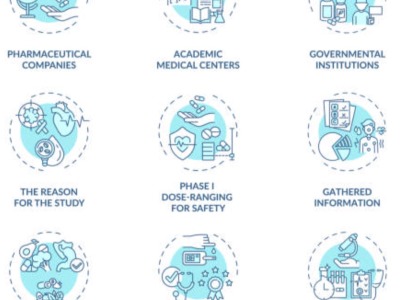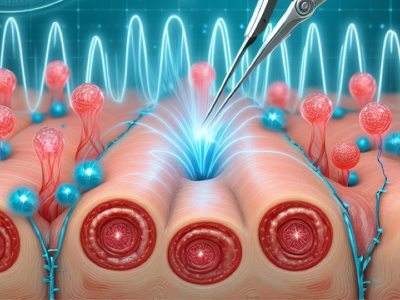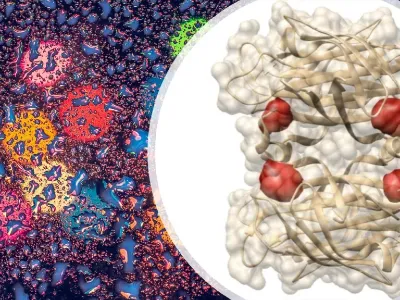Clinical trials and their phases

Clinical trials are a crucial step in the development of new treatments, therapies, and vaccines for various medical conditions. They are conducted to determine the safety and efficacy of these interventions in humans before they can be approved for widespread use. Clinical trials follow a rigorous process that involves several phases to ensure that the intervention is safe and effective.
Phase 1: In this phase, the treatment is given to a small group of healthy volunteers to evaluate its safety, dosage, and potential side effects. The goal is to determine the maximum dose that can be given without causing severe side effects.
Phase 2: In this phase, the treatment is given to a larger group of people with the medical condition the treatment is designed to address. The goal is to evaluate the treatment's effectiveness and further assess its safety.
Phase 3: In this phase, the treatment is given to a larger group of people with the medical condition, typically across multiple locations, to further evaluate its effectiveness and monitor its side effects. The goal is to gather more information to support regulatory approval.
Phase 4: This phase occurs after regulatory approval and involves monitoring the treatment's long-term safety and effectiveness in the real-world setting.
Each clinical trial phase is designed to answer specific research questions and gather more information about the intervention's safety and efficacy. The process can take several years to complete and involves close monitoring of participants and adherence to strict ethical and regulatory guidelines.
Overall, clinical trials are critical in developing new treatments and improving patient outcomes. They are an essential part of the scientific process to ensure that new interventions are safe and effective before they are widely available to patients.



